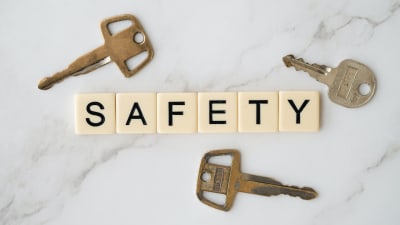How to Protect Yourself Online
It may be a cliché, but the internet can be a scary place.
Shopping, dating, banking and anything else we do online add to the risk of becoming a victim of fraud. There was 45,000 Canadian’s who experienced fraud in 2019, losing more than $96 million. Yet, according to CPA Canada’s 2020 Fraud Survey, many of us are still using outdated security to protect ourselves online.
On top of it all, we have been in a global pandemic that had shut down in-person shopping worldwide, making buying online the only option at the time. Every store, website, or app collects our data every time we sign up, making the likely hood of fraud or catfishing more likely.
Here are a few things you can do to help protect yourself from online fraud:
- Review your bank statements regularly to check for any transactions you can’t remember that might seem suspicious.
- Make sure to use a different password for different sites. Using the same password for your banking as you would for your Facebook makes it easier for scammers to get your information.
- Make sure to shred your paper documents. We may be talking about online safety but having your account numbers or sin numbers fall into the hands of someone going through your garbage could wreck your credit score and your financial future.
- Make sure you know and understand your credit score. If you aren’t sure how your credit score affects your life, we suggest finding out. Knowing your credit score will let you recognize if there is any fraudulent activity going on under your name.
- Lastly, if you get a phone call or email that doesn’t feel right to you, trust your gut. There is nothing wrong with telling the person you don’t have time, then looking up the company’s number yourself and call them to check it out.
Keeping vigilant and following these tips will help to make sure you don’t end up part of the statistics next year.

